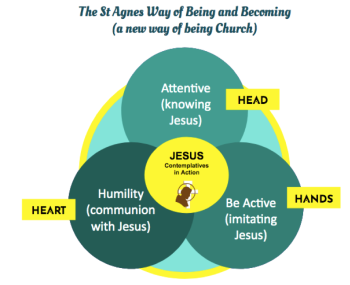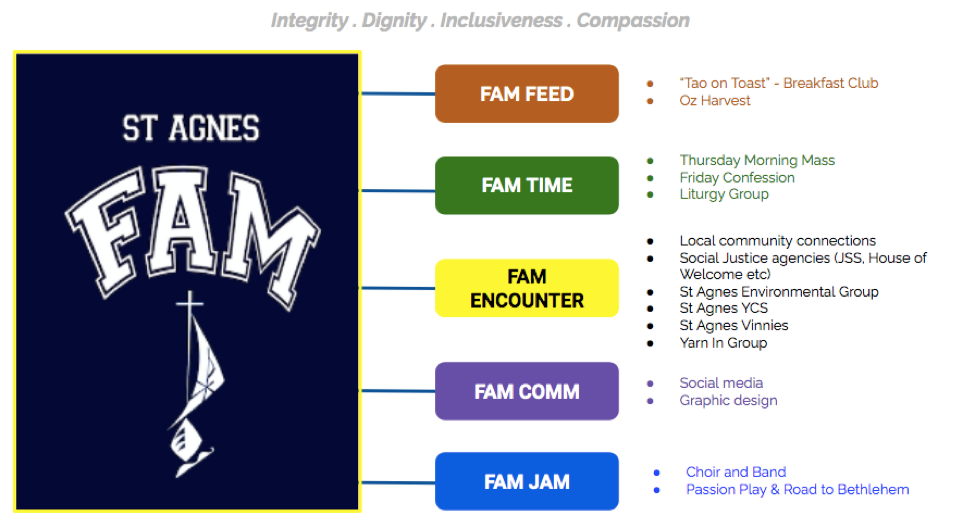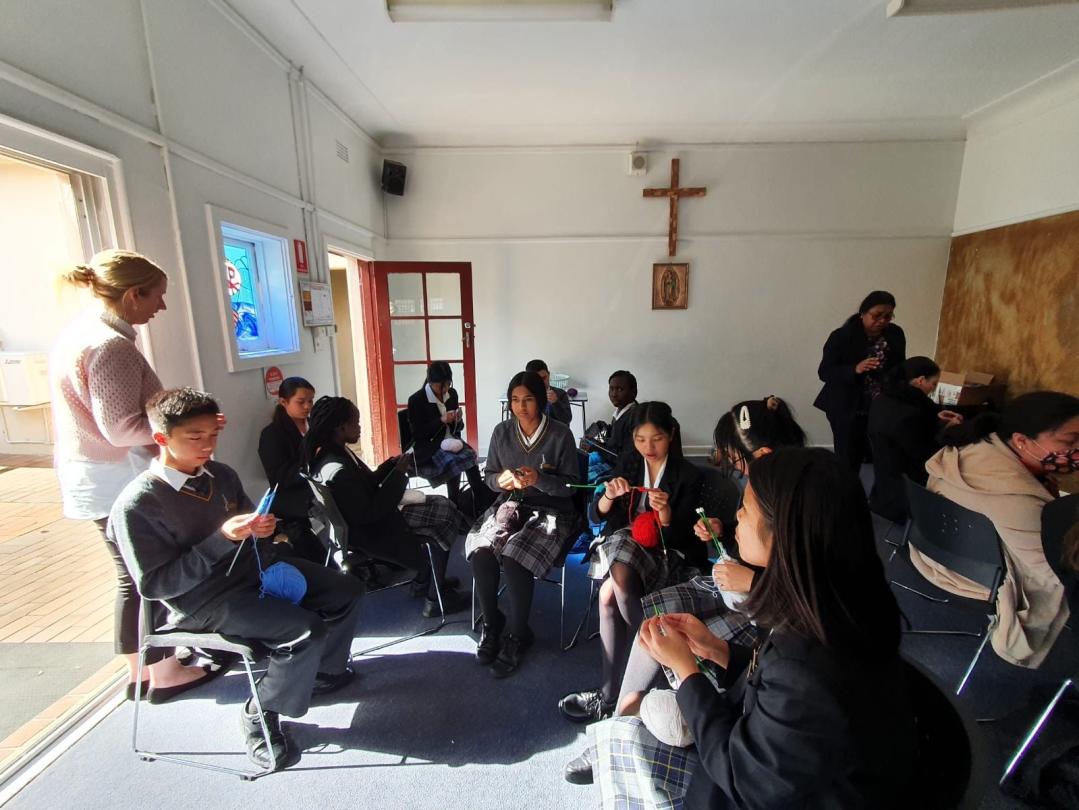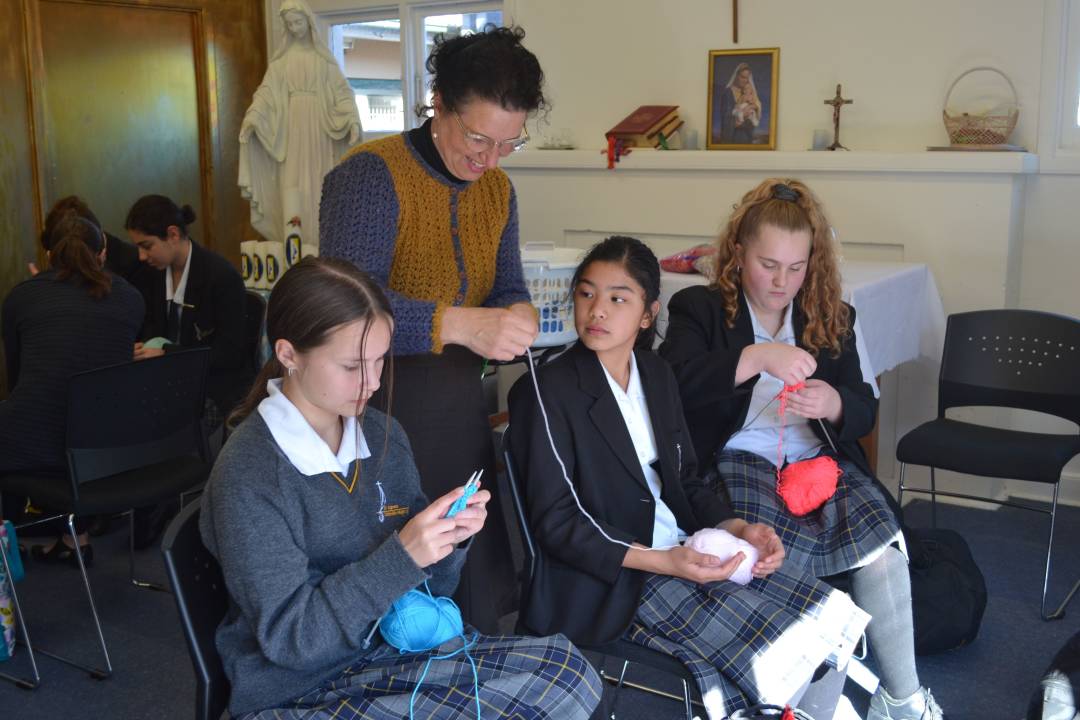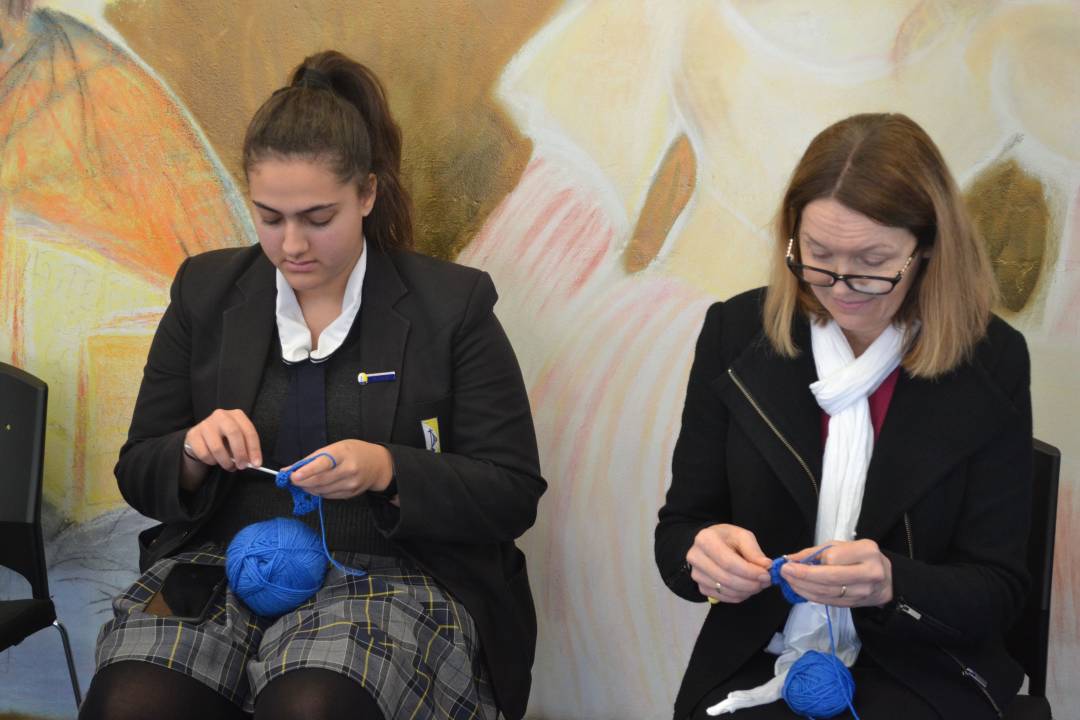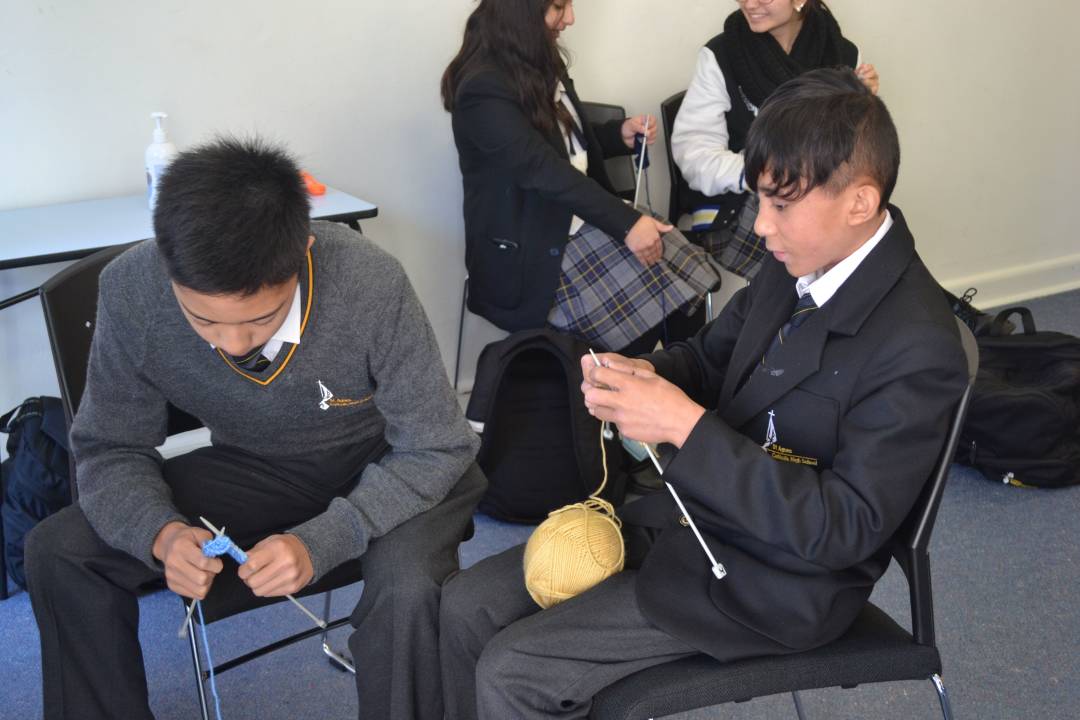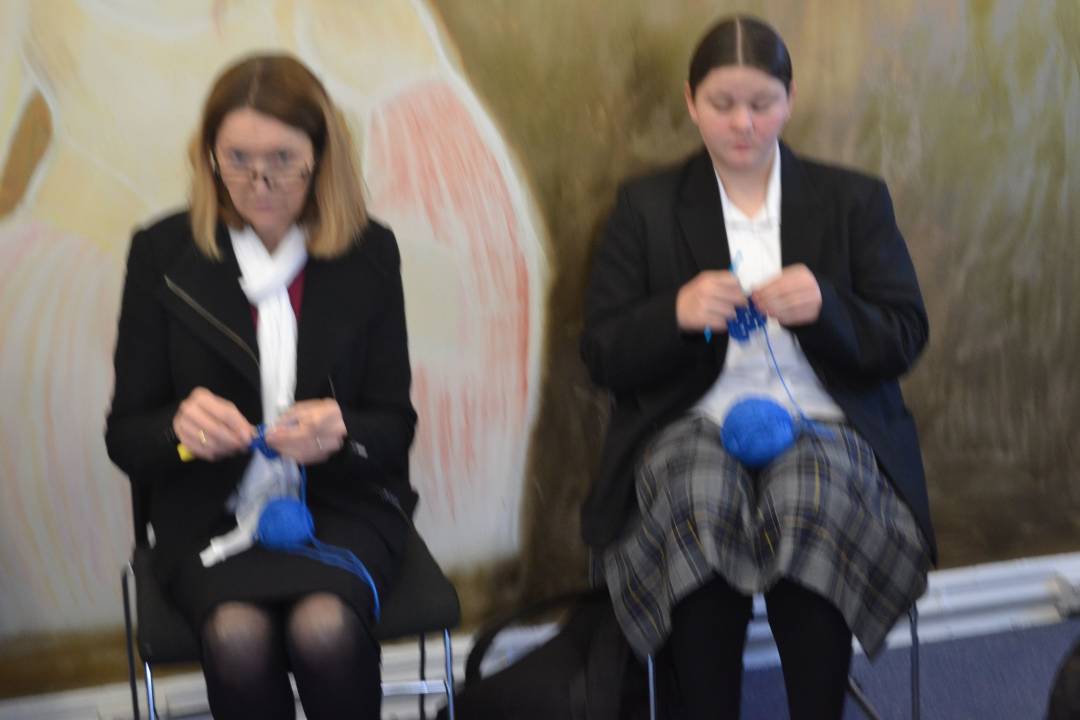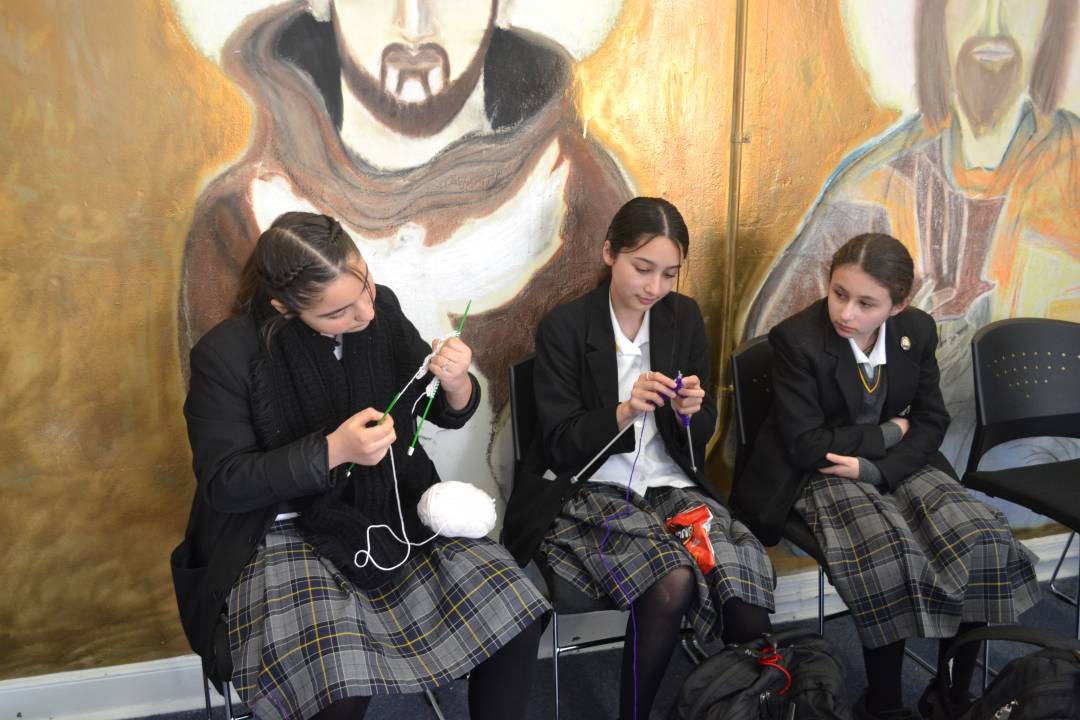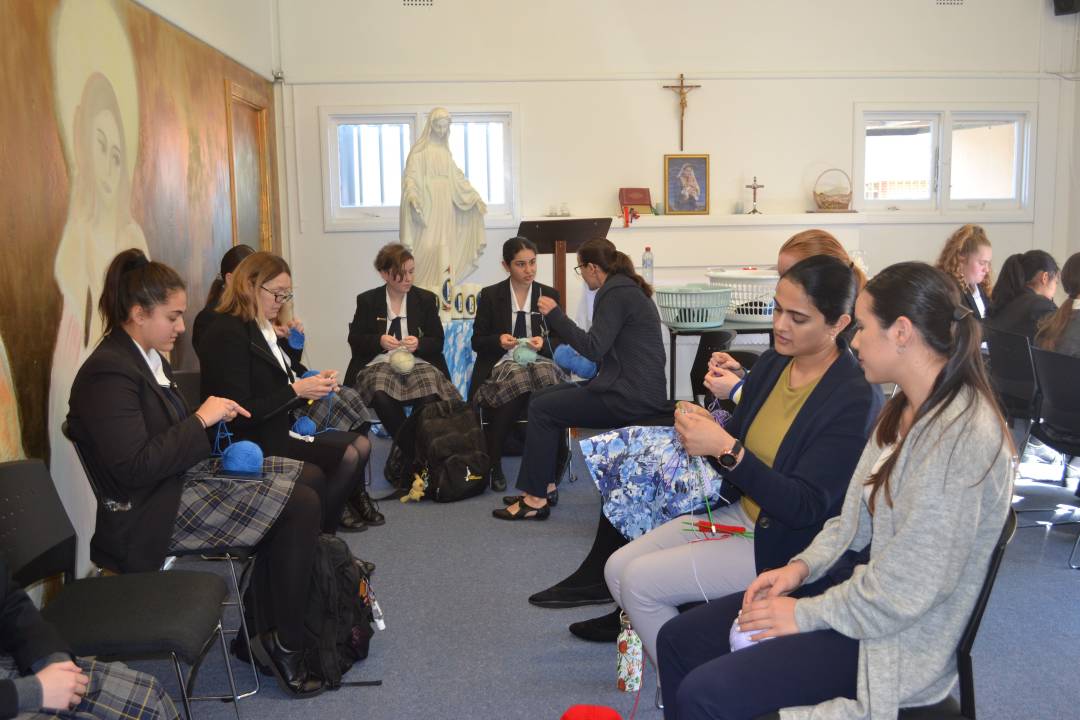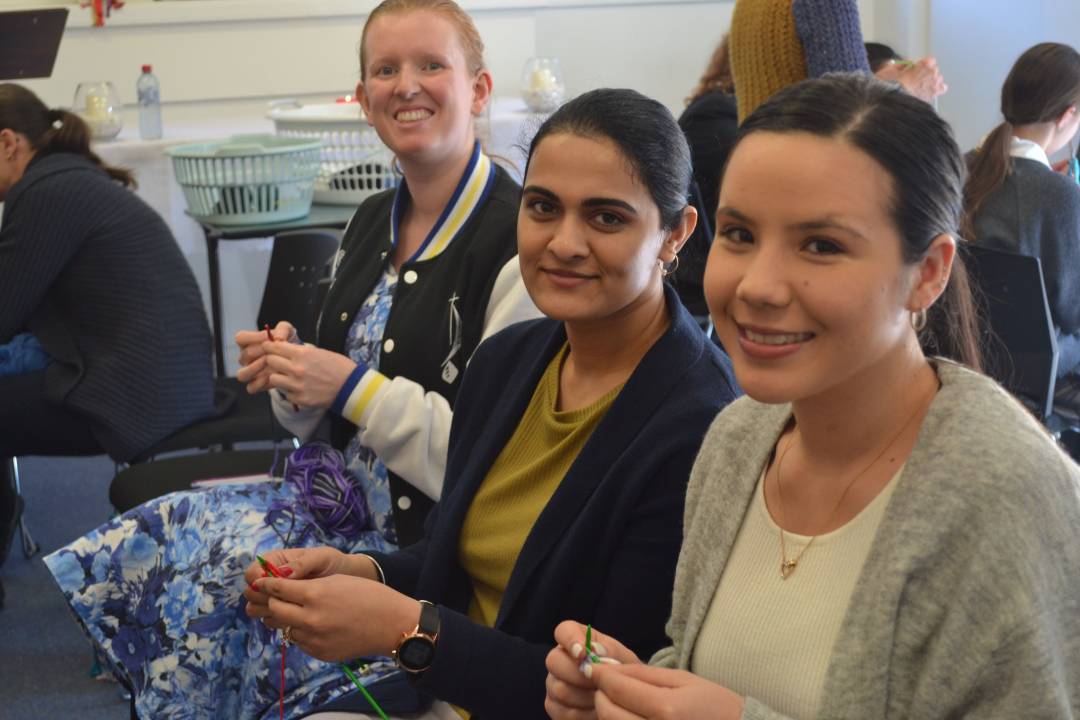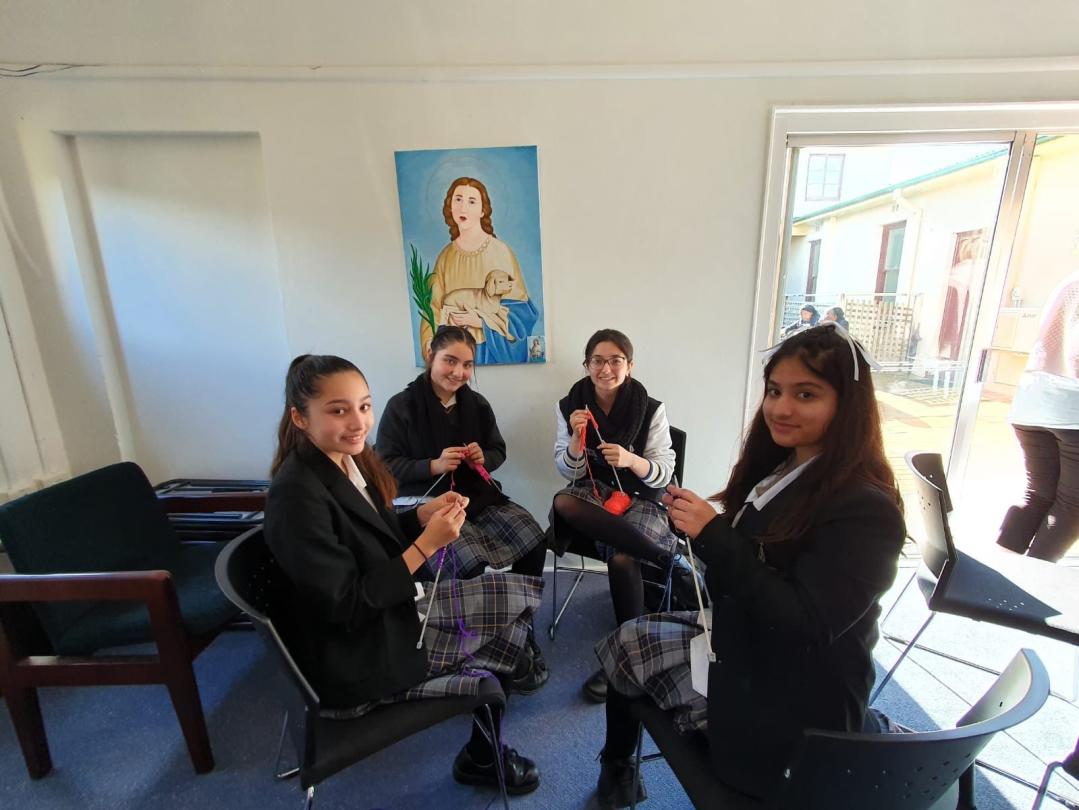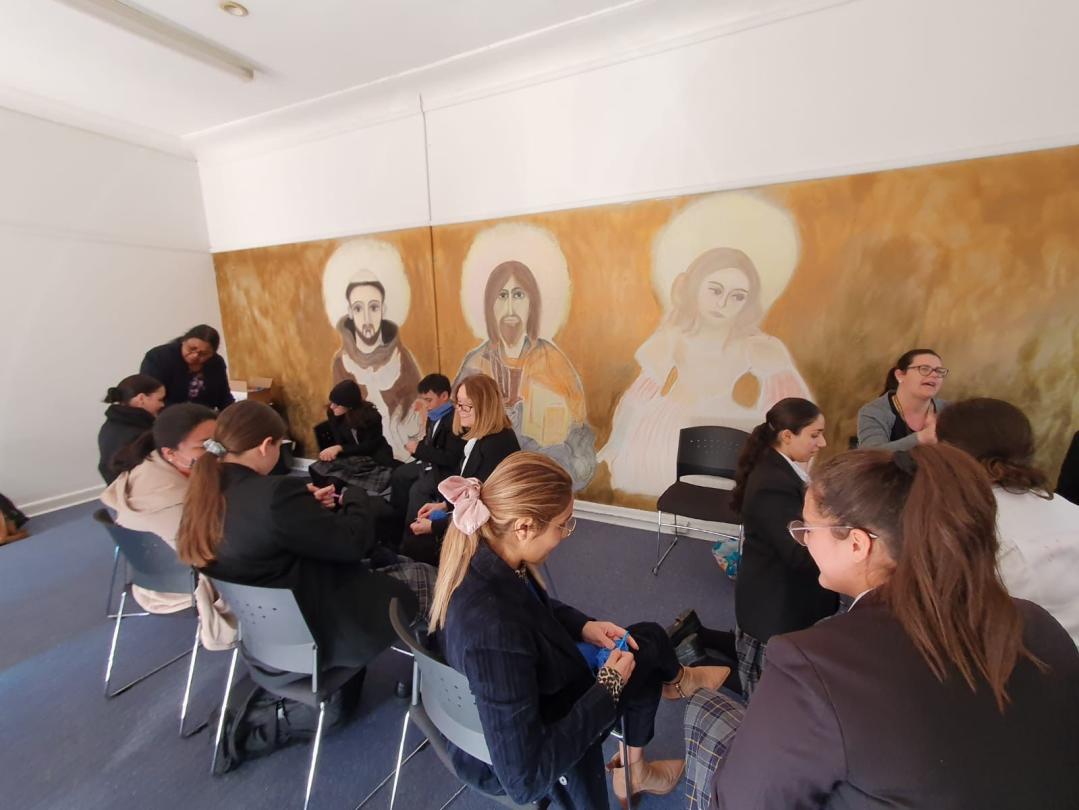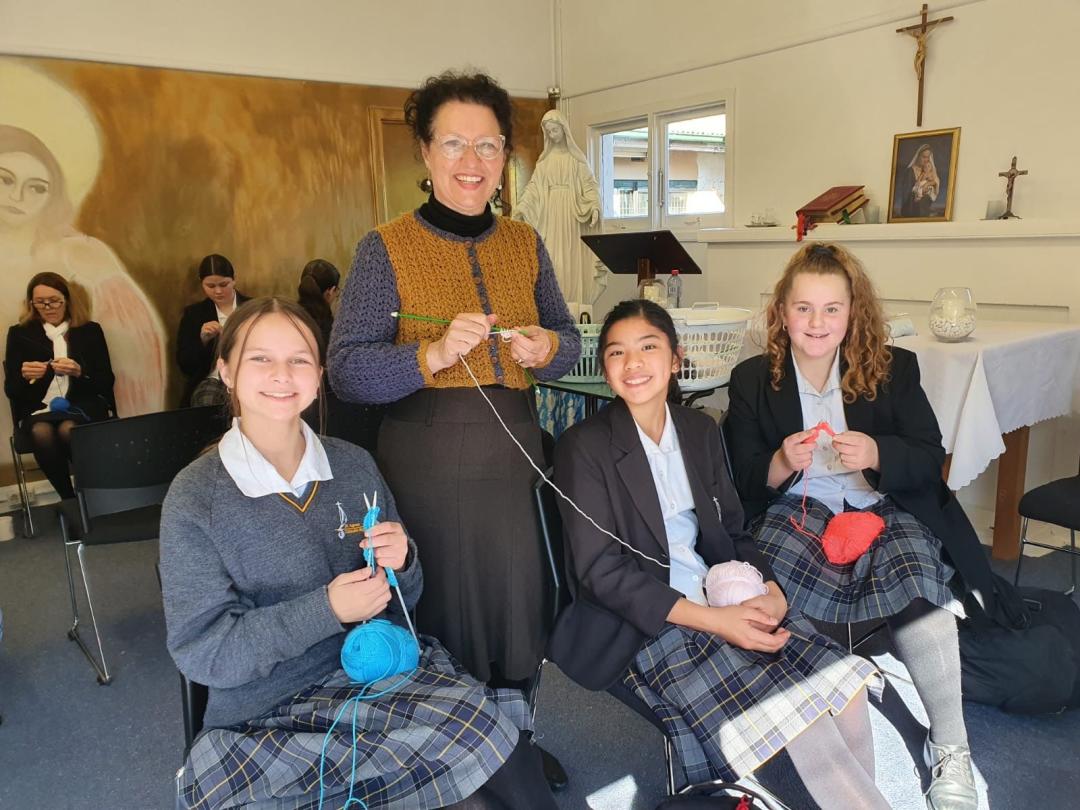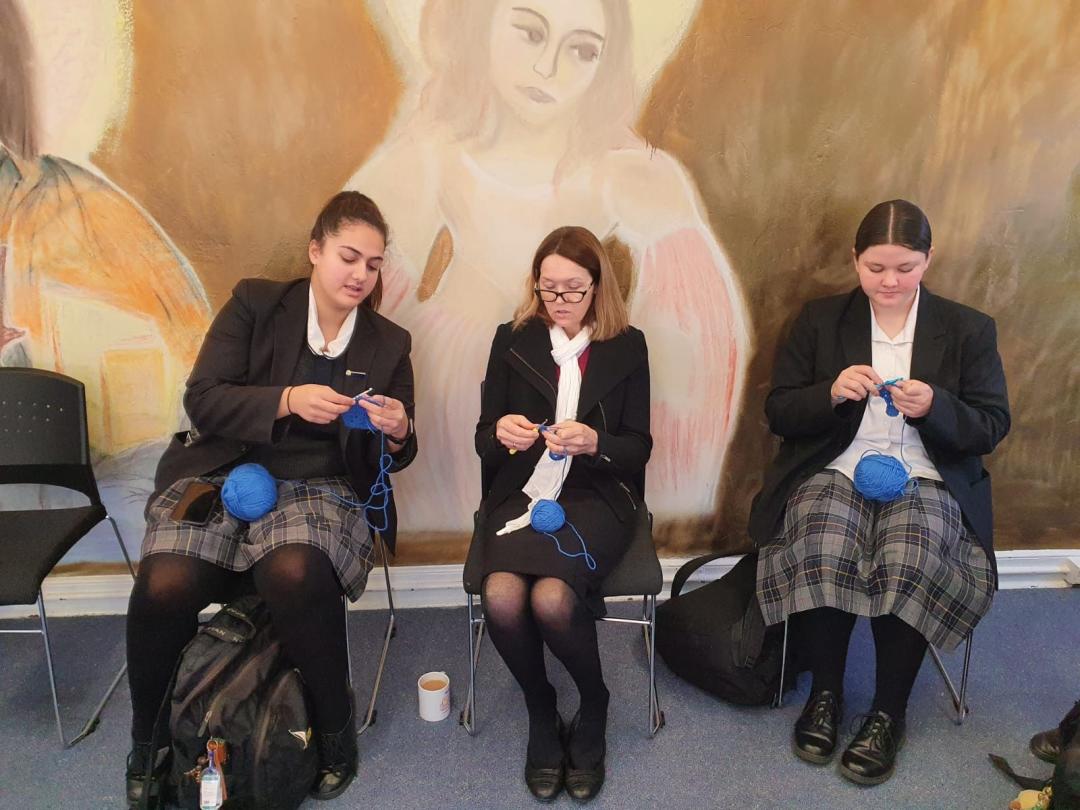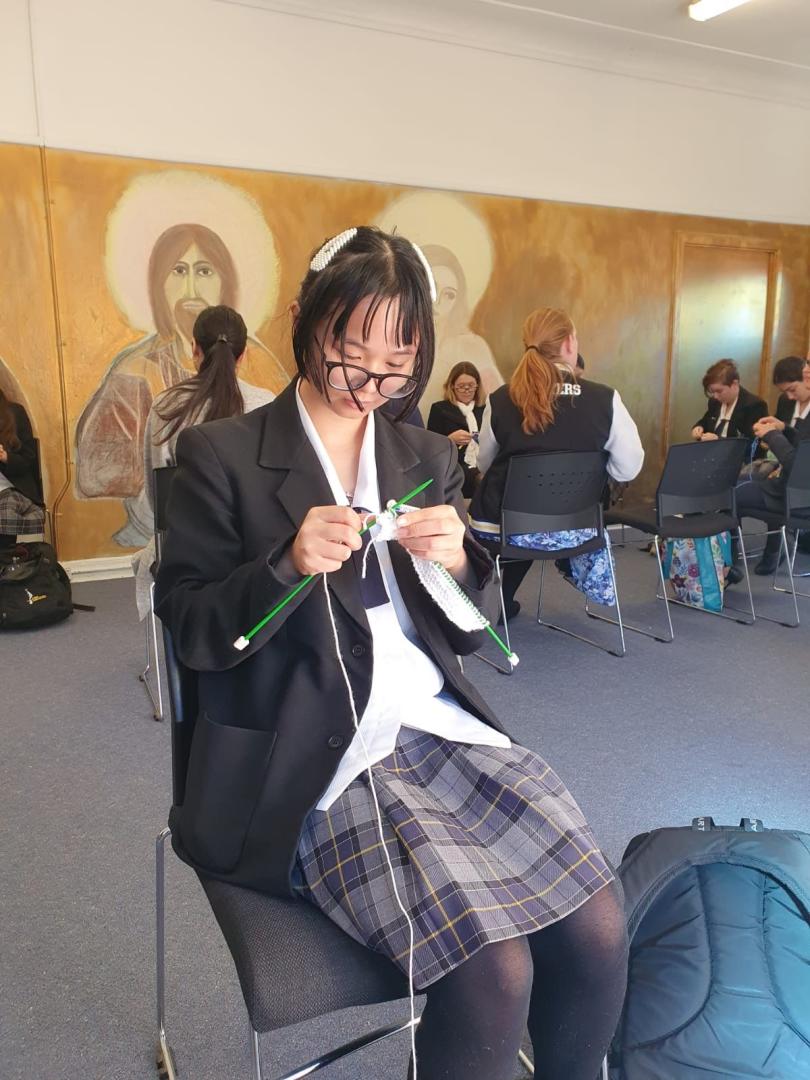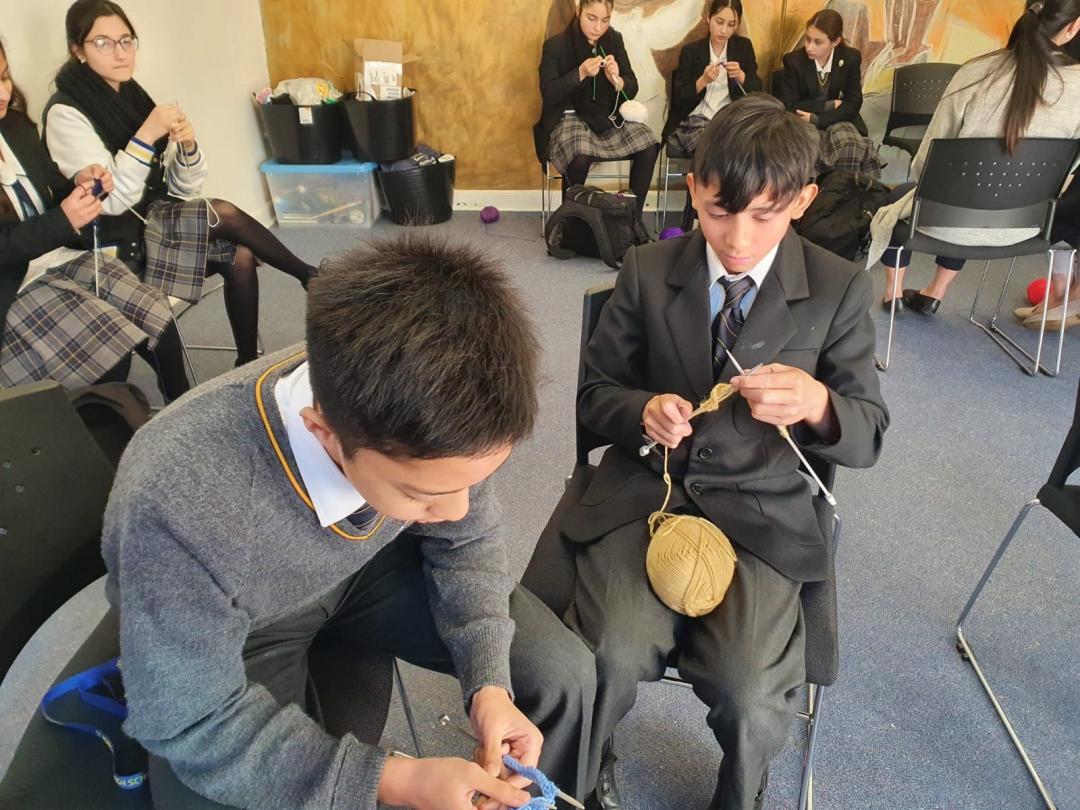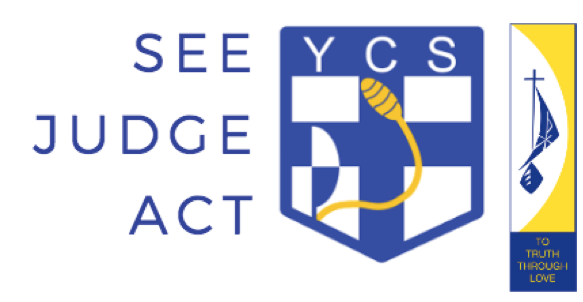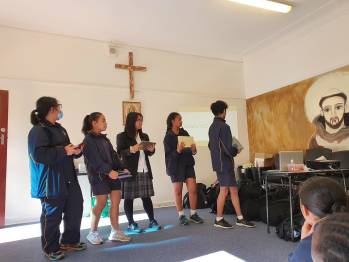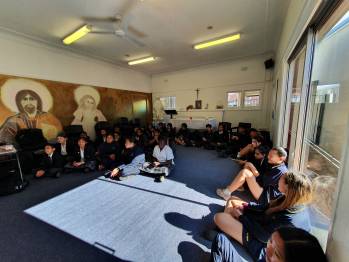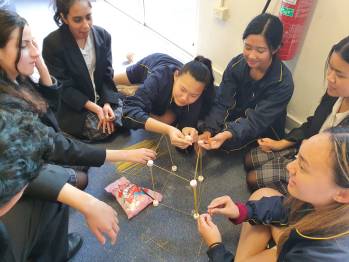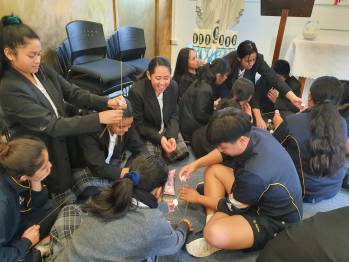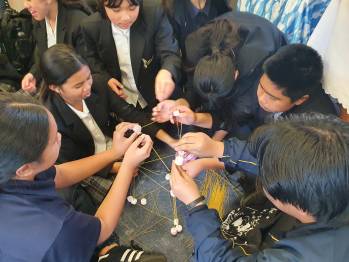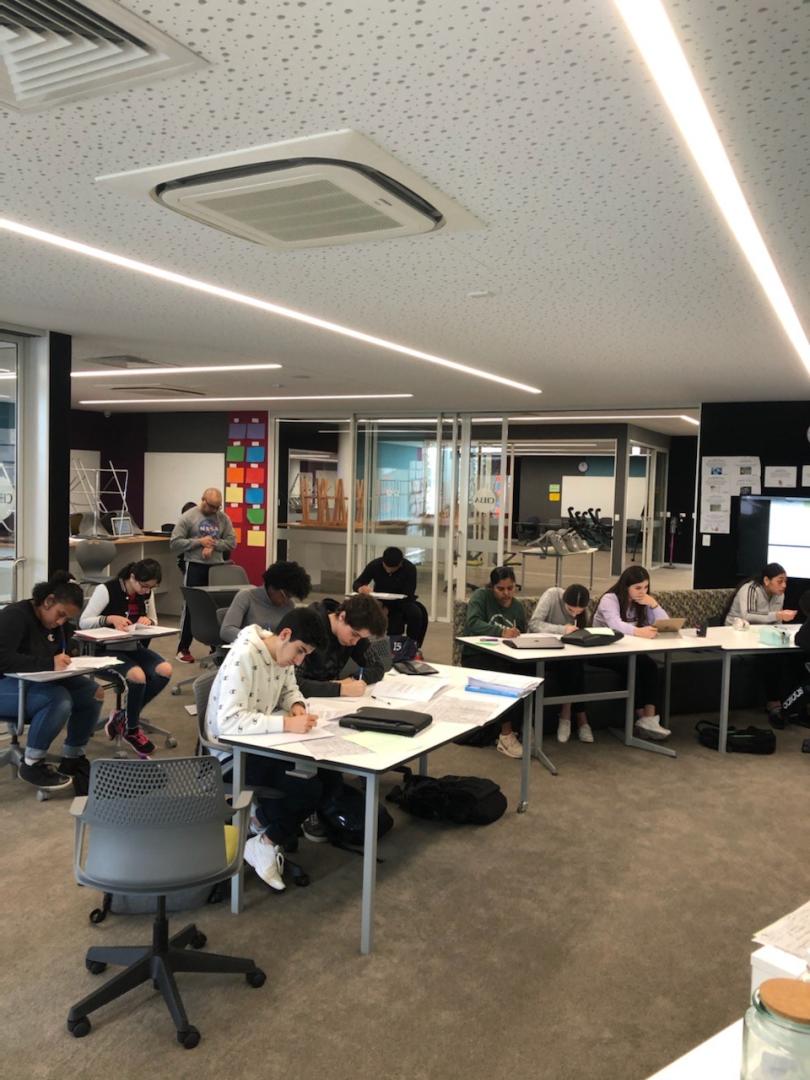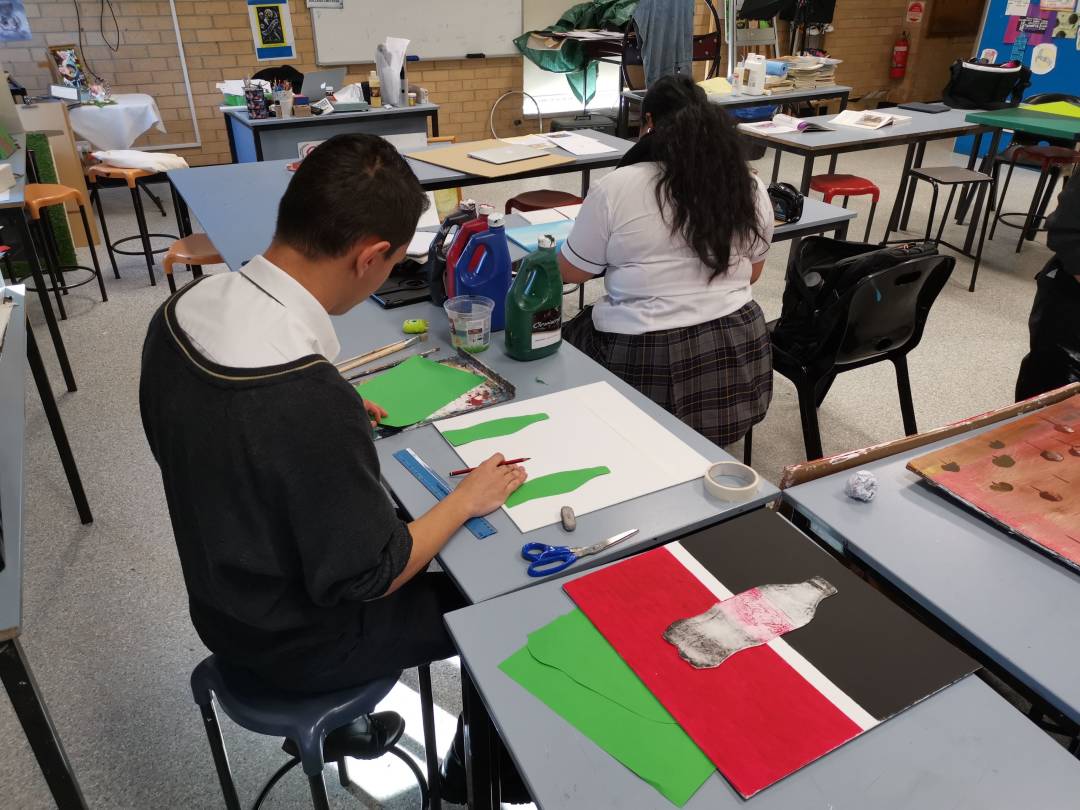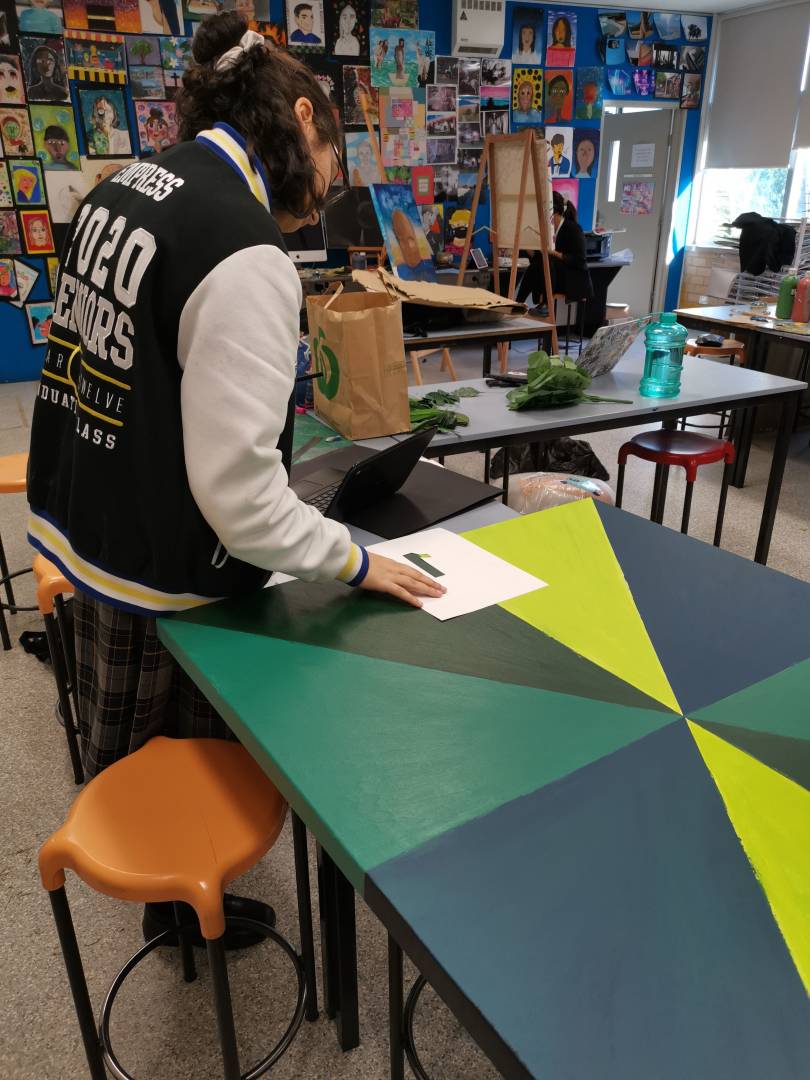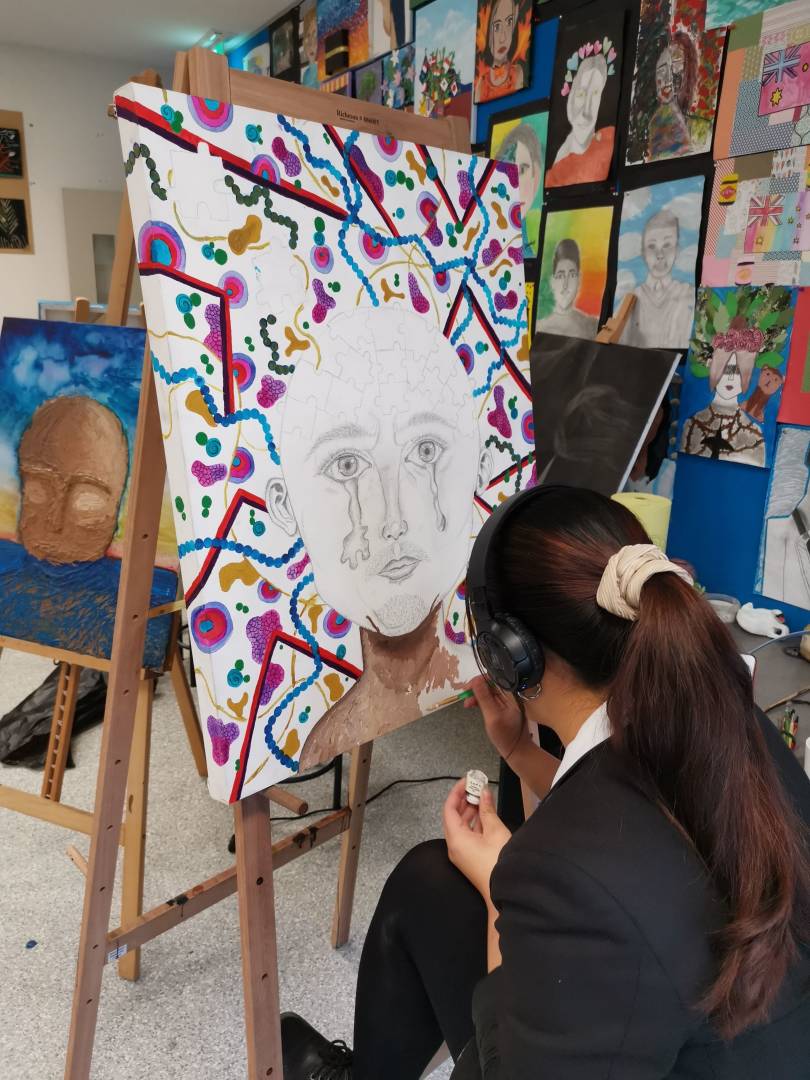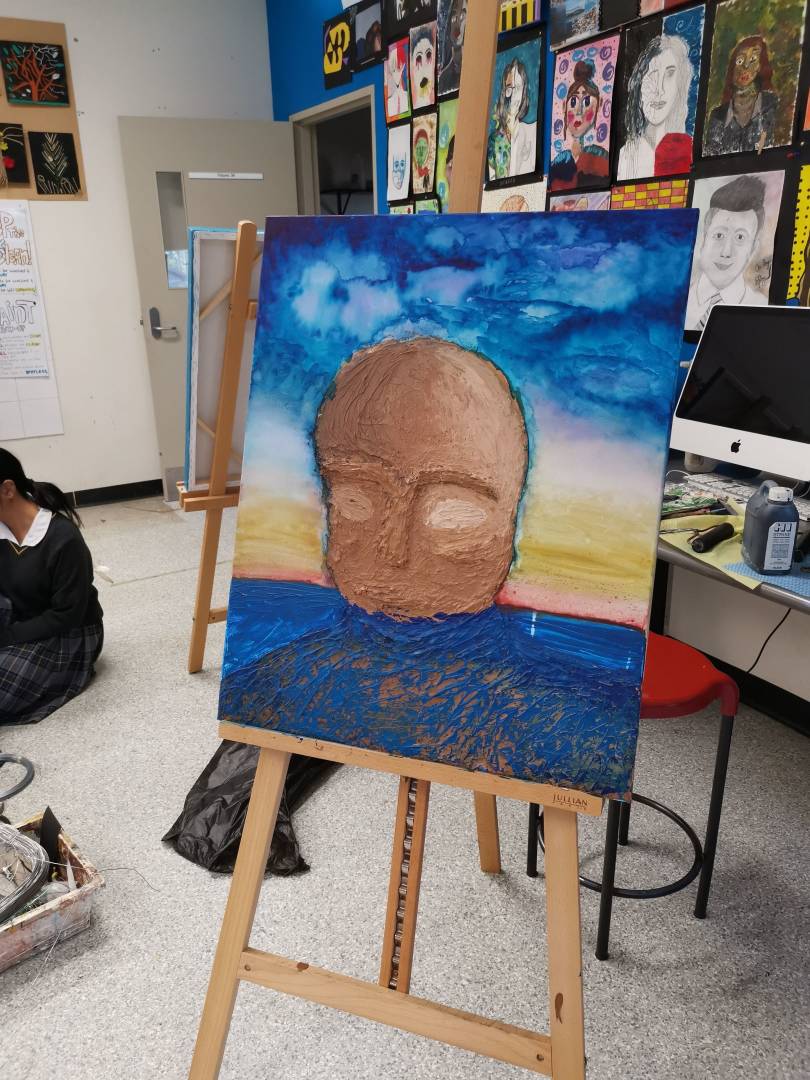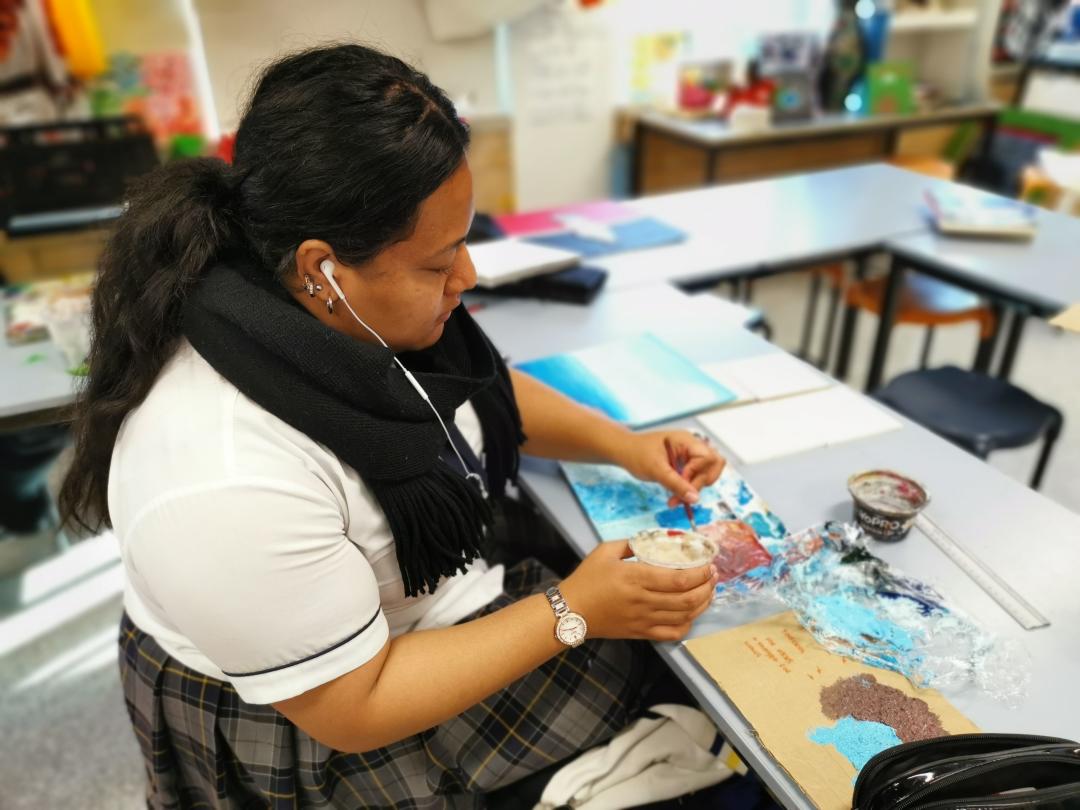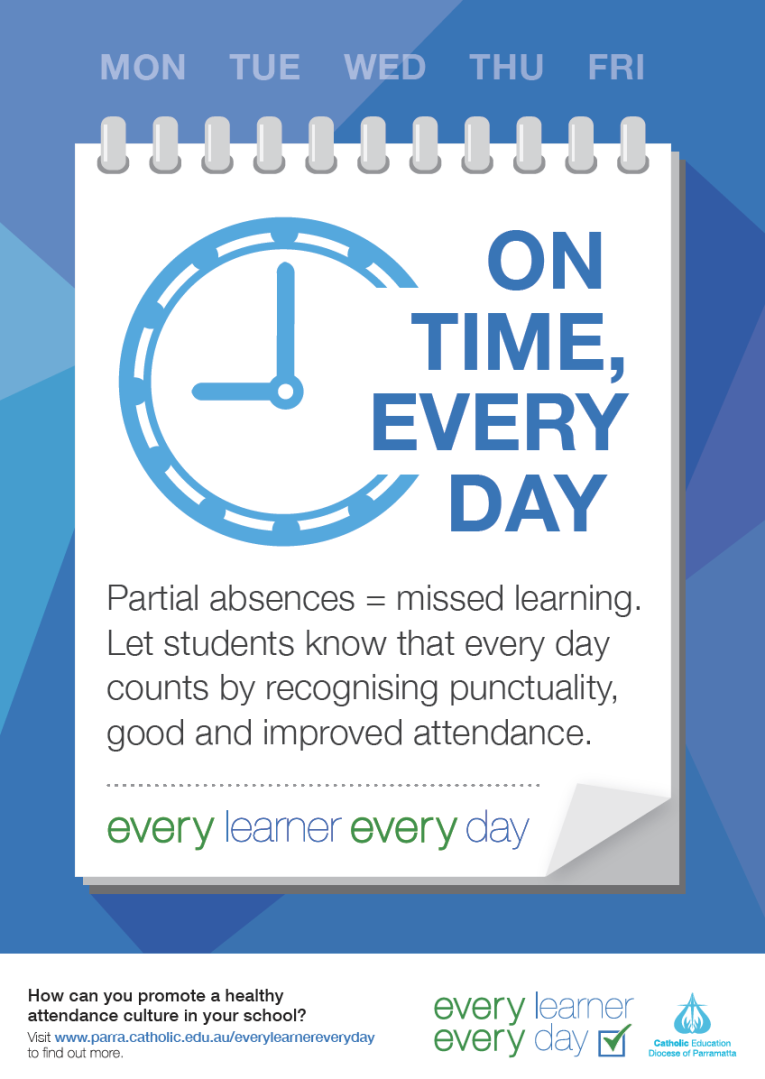Welcome to Term 3! It has certainly begun in earnest, and our students are making the most of the learning opportunities presented to them.
Our Inaugural Yr 12 group recently participated in Study Sessions during the July vacation period. Opportunities were provided for them to work on their Major Projects and to reinforce key learnings from the previous term. This was in the form of workshops, presentations and mock-essay style questions under timed conditions. This experience was rather valuable, and for the students who used the time appropriately, they will benefit from this in the lead-up to the Trial HSC.
On that note, these examinations will take place from Monday 17 August until Monday 31 August. These examinations, apart from being the final in-school assessment, will allow the students to experience what the actual HSC will feel like in October and November. The timetable was issued to ALL students and their parents at the start of this term. All examinations will take place in the San Damiano Centre. Each Year 12 student will be able to achieve their personal best IF they have prepared and sought help from their teachers.
The Year 11 students are well into their final term of work before commencing their HSC in Term 4. From Wednesday 9 September until Friday 18 September, all students will sit the Final Examinations in order to qualify for their Record of School Achievement. The students are strongly encouraged to make the most of their time in class, complete the set work and see their teacher if they have any questions.
Our Year 10 students have completed their first attempt of the HSC Minimum Standards; a NESA mandated test so they can move into Stage 6 study. These tests focus on Reading, Writing and Numeracy. Further opportunities will be provided for the students later this term, and next should they require it. The students have also decided upon their subjects for Year 11 and 12 in recent weeks. At this point in time, students and parents are given the opportunity to meet with a Leader of Learning in order to discuss their selected pathway. The aim of this will be to ensure that each student selects subjects suitable for them and their personal goals.
In the next few weeks, the students in Years 8 and 9 will be given the opportunity to consider the electives they would like to study in 2021. A Handbook will be distributed, and the students will be presented with the subjects we offer on top of the Mandatory Courses in Stage 5. The students are encouraged to now think about what courses they might like to select next year and be prepared to ask clarifying questions when information is presented to them.
Our Year 7 cohort has settled in well to life at high school, and despite the challenges that 2020 has presented, they come to school each day eager to learn. This semester they are now experiencing a different side to Technology Mandatory and also, the students have swapped from Music to Visual Art or vice versa.
Study Skills Tip for July
Multi-tasking? Myth or reality? It all depends on who you talk to…
Ask any student and they will tell you they can multitask with ease. Do homework, watch TV, listen to music and check their phone all at the same time, no problem. Ask the academic researchers though and a different story emerges.
Dr Larry Rosen, Professor of Psychology at California State University, explains that what is actually occurring in this ‘multi-tasking’ is ‘task switching’. Instead of doing two things at once, students are actually switching their focus from one task to another and back again, in a parallel fashion, at high speed, resulting in them staying on task for an average of only 65% of the time period and for a maximum of only 3-5 minutes at a time. Constant task-switching results in it taking much longer to complete the individual tasks not just due to the interruptions, but also because there are delays as the brain switches between tasks and refocuses. This brief bottleneck in the prefrontal cortex delays the start of the next task and the more intense the distraction, the longer it will take the brain to react.
A study conducted by Dr Rosen’s team sent varying numbers of text messages to students in a lecture then tested the students on the content of the lecture. The results were surprising, it was not the number of interruptions that negatively impacted results, it was the time taken by the students to react to the interruptions. Students who responded immediately performed worst on the tests. Those who considered when to check the message and respond (ie in a part of a lecture they deemed less relevant) performed significantly better.
What we can learn from this is that students need to become more aware of their ‘task-switching’ and make conscious decisions as to when they choose to shift their focus – instead of being enslaved by their technology and at its constant beck and call. We need to teach students that this constant mental task shifting (even thinking about the technology has the same effect as actually checking the technology) takes oxygen and brain activity away from what they are learning. We need to convince our students that it is ok and even necessary to wait, that they don’t have to respond immediately and do have the ability to delay their check-in with the cyber world. It is all about learning that we can control our selective attention and choose to ignore distractions.
We need to train the brain to stop thinking constantly about technology. However, resistance for too long can create anxiety and a fear of missing out, creating ‘continuous partial attention’ in students as oxygen is diverted to activate and maintain thoughts about social media at the expense of classroom material.
Dr Rosen’s team has determined the best approach for students who find it difficult to pull back from their technology devices is to set an alarm on their phone for short regular ‘tech breaks’. They may start with 15 minutes and gradually increase this amount over time to around 30 minutes. The phone will be face down on their desk on silent mode or off, and when the alarm rings they let themselves check messages and status updates for a minute or two, then set the alarm again. Dr Rosen’s studies found that knowing they can check in 15 minutes creates less anxiety, whereas depriving them of the phone completely did not stop them thinking or obsessing about possible e-communications which took away from their ability to focus fully on their homework. It all comes back to teaching the concept of focus.
Finally, Dr Rosen argues that we cannot simply remove technology and other distractions; they are too intricately woven into students' daily lives. Instead, students should learn metacognitive skills to help them understand when and how to switch their attention between multiple tasks or technologies.
Visit the Dealing with Distractions unit at www.studyskillshandbook.com.au to learn more about managing your distractions.
Our school’s access details are:
Username: stagnes
Password: 24success
Mr. G. Kemmis
Head of Learning




